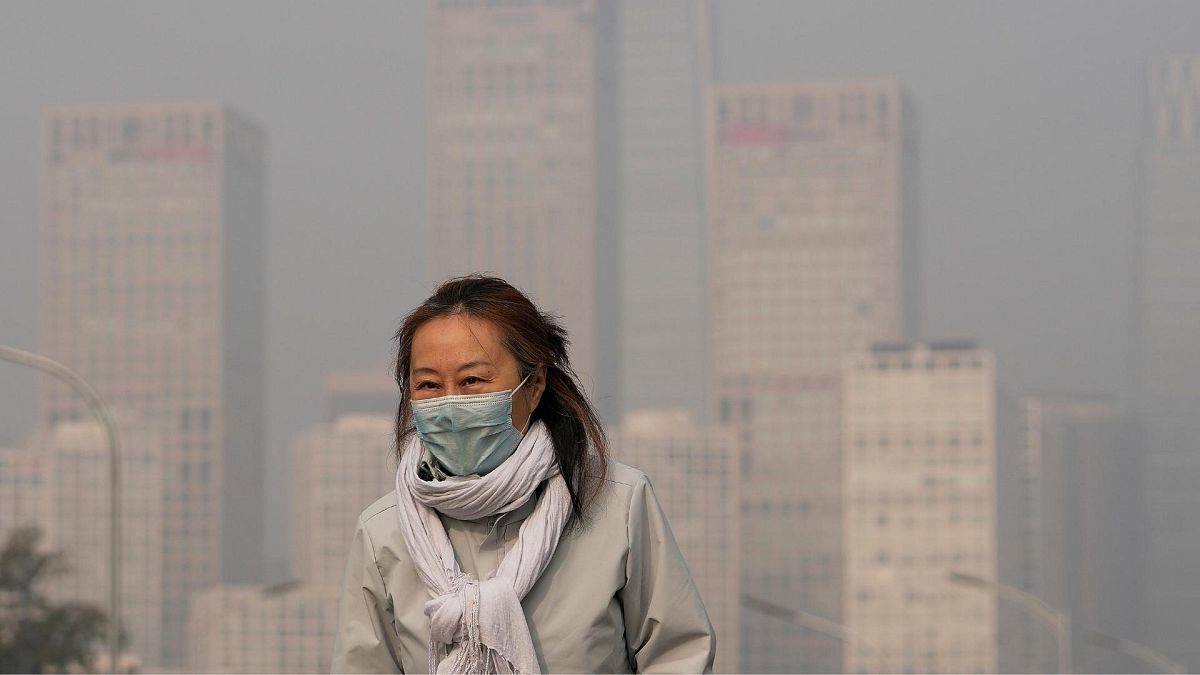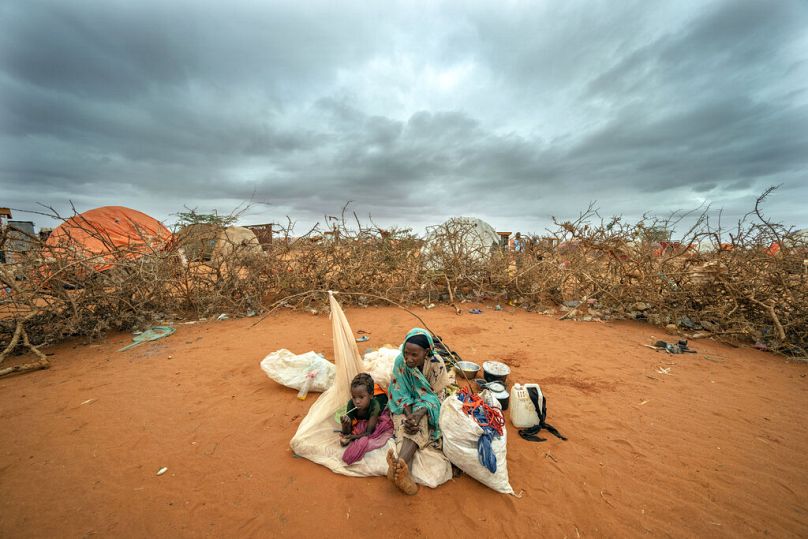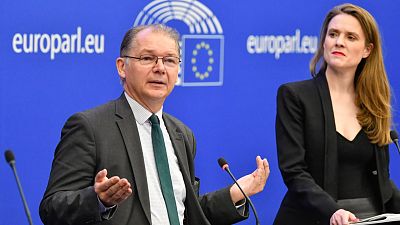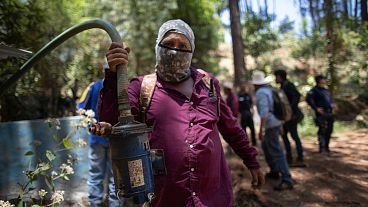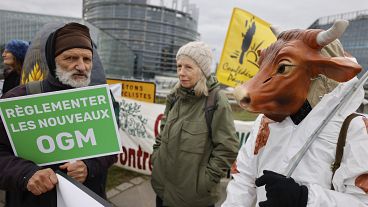Infectious disease, toxic air pollution and food security are among the global crises being made worse by our reliance on fossil fuels.
The evidence is clear that the world is struggling with the combined health, social and economic impacts of COVID, the Russian invasion of Ukraine and a global energy crisis.
Now a new report from leading medical publication The Lancet shows that our reliance on fossil fuels is making the health impacts of these crises worse. It details how our addiction to fossil fuels is increasing the risk of heat-related deaths, food insecurity and infectious disease.
The report’s authors say governments and companies continue to prioritise fossil fuels to the detriment of people’s health.
“Our report this year reveals we are at a critical juncture,” says Dr Marina Romanello, executive director of the Lancet Countdown at the University College London.
Romanello adds that climate change is driving severe health impacts all over the world. Fossil fuel dependence is compounding these health harms too, amid multiple global crises.
She says it is “keeping households vulnerable to volatile fossil fuel markets, exposed to energy poverty, and dangerous levels of air pollution.”
A total of 99 experts from 51 different organisations including University College London, the World Health Organisation and the World Meteorological Organisation contributed to the Lancet Countdown on Health and Climate.
Extreme weather is putting serious pressure on health services
Temperature records have been broken around the world this year with Europe seeing an unprecedented heatwave this summer.
In 2021, almost half a trillion hours of work were also lost due to extreme heat - mostly for agriculture workers in the Global South.
And this extreme weather is putting serious pressure on health services too. The Lancet report found heat-related deaths have increased by two thirds over the last 20 years.
“The climate crisis is killing us,” says UN Secretary General Antonio Guterres.
“It is undermining not just the health of our planet, but the health of people everywhere - through toxic air pollution, diminishing food security, higher risks of infectious disease outbreaks, record extreme heat, drought, floods and more.”
Health-centred climate action could lead to a ‘thriving’ future
The Lancet report says there is hope that climate action centred on health could deliver a “thriving future”.
But governments and leaders need to focus on clean energy to improve energy security, cut air pollution and encourage people to take low carbon transport that could also improve health.
Accelerating the transition to more balance, plant-based diets could also reduce emissions from the agriculture sector, help prevent 11.5 million diet related deaths and “substantially” reduce the risk of diseases spread by animals.
“A health-centred response to the current crises would still provide the opportunity to deliver a low-carbon, resilient, healthy future, where people all over the world can not only survive but thrive. There is still time to realise this future if we act now,” explains Professor Anthony Costello, co-chair of the Lancet Countdown.
Can COP27 tackle the health impacts of climate change?
Upcoming climate talks COP27 could provide the opportunity for governments and companies to prove that they aren’t continuing to prioritise fossil fuels to the detriment of people’s health.
“This year’s Lancet Countdown makes clear that fossil fuels are incompatible with a healthy future,” says Dr Jeni Miller, executive director of the Global Climate and Health Alliance.
“To prevent catastrophic global warming and the ensuing devastation that will be wreaked upon people around the world, governments must commit to fully phasing out fossil fuels at COP27.”
Miller adds that high income countries must also provide developing nations with the necessary financial and technical support for the equitable access to clean energy that their people need.
The UN Secretary General also believes that COP27 must deliver climate solutions that match the scale of the problem. Specifically, Guterres says we need “dramatically” increased efforts to slash emissions and ensure climate finance for developing nations.
“The world is watching and G20 countries - the source of 80 per cent of global greenhouse gas pollution - must lead the way to a just, greener and healthier future for all.”
